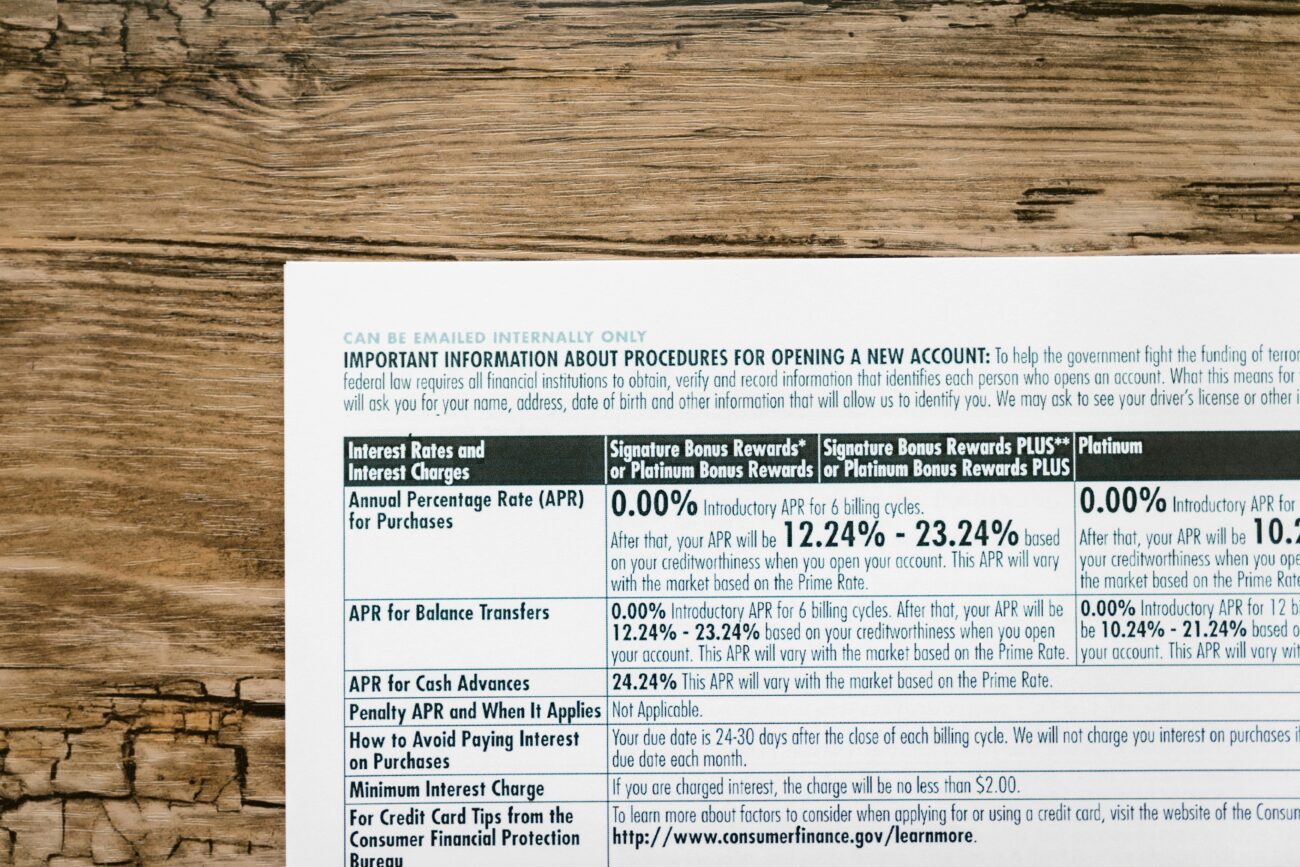Wondering about the costs of blood tests when you have insurance? You’re not alone! Understanding the expenses associated with blood tests can be confusing, especially with the variation in coverage and providers. This guide will clarify the costs involved, how insurance plans work in this context, and what you can do to minimize your expenses.
Understanding Blood Test Costs
Blood tests can vary widely in price based on several factors, including:
- Type of Test: Routine tests like CBC (Complete Blood Count) or cholesterol tests typically cost less than specialized tests.
- Provider: Different labs and hospitals may charge different rates.
- Location: Costs can change based on your geographical area.
Average Costs of Blood Tests
On average, blood test prices range from $100 to $3,000. However, when you have insurance, your out-of-pocket costs may be significantly lower. Here’s a breakdown:
- Low Complexity Tests:
- Prices range from $10 to $100 after insurance.
- Moderate Complexity Tests:
- Costs average between $100 and $500 after insurance.
- High Complexity Tests:
- Expect to pay from $500 to $3,000, possibly more depending on your insurance plan.
How Insurance Works with Blood Tests
When you have health insurance, the plan generally covers a portion of the costs associated with blood tests. Here are key points to consider:
- In-Network Providers: Typically, you’ll pay less if you use labs or facilities contracted with your insurance.
- Deductibles and Copayments: Before insurance kicks in, you may need to meet a deductible. After that, you might pay a copayment or coinsurance.
- Pre-Authorization: Some tests may require prior approval from your insurance provider.
Steps to Take Before Getting a Blood Test
To ensure you’re fully informed before getting a blood test, consider these strategies:
- Check Your Plan: Review your insurance policy to know what tests are covered.
- Contact Your Provider: Ask about the estimated costs and what portion is covered.
- Request an Itemized Bill: This helps you understand what you’re being charged for, including lab fees.
How to Minimize Your Costs
Here are some tips to reduce expenses associated with blood tests:
- Shop Around: Compare prices from various providers.
- Negotiate: Don’t hesitate to discuss pricing with your provider; sometimes, they offer discounts for cash payments.
- Look for Community Programs: Some local health departments or clinics offer low-cost blood testing services.
Useful Resources
For more detailed information on blood test costs and insurance coverage, check out:
- HealthCare.gov – Understand your insurance coverage.
- Lab Tests Plus – Compare lab costs.
In summary, while the cost of blood tests can seem daunting, having insurance typically leads to lower out-of-pocket expenses. By understanding your coverage and shopping around, you can minimize your costs effectively.
If you’re considering a blood test, reach out to your healthcare provider for personalized advice and potential cost estimates today!
